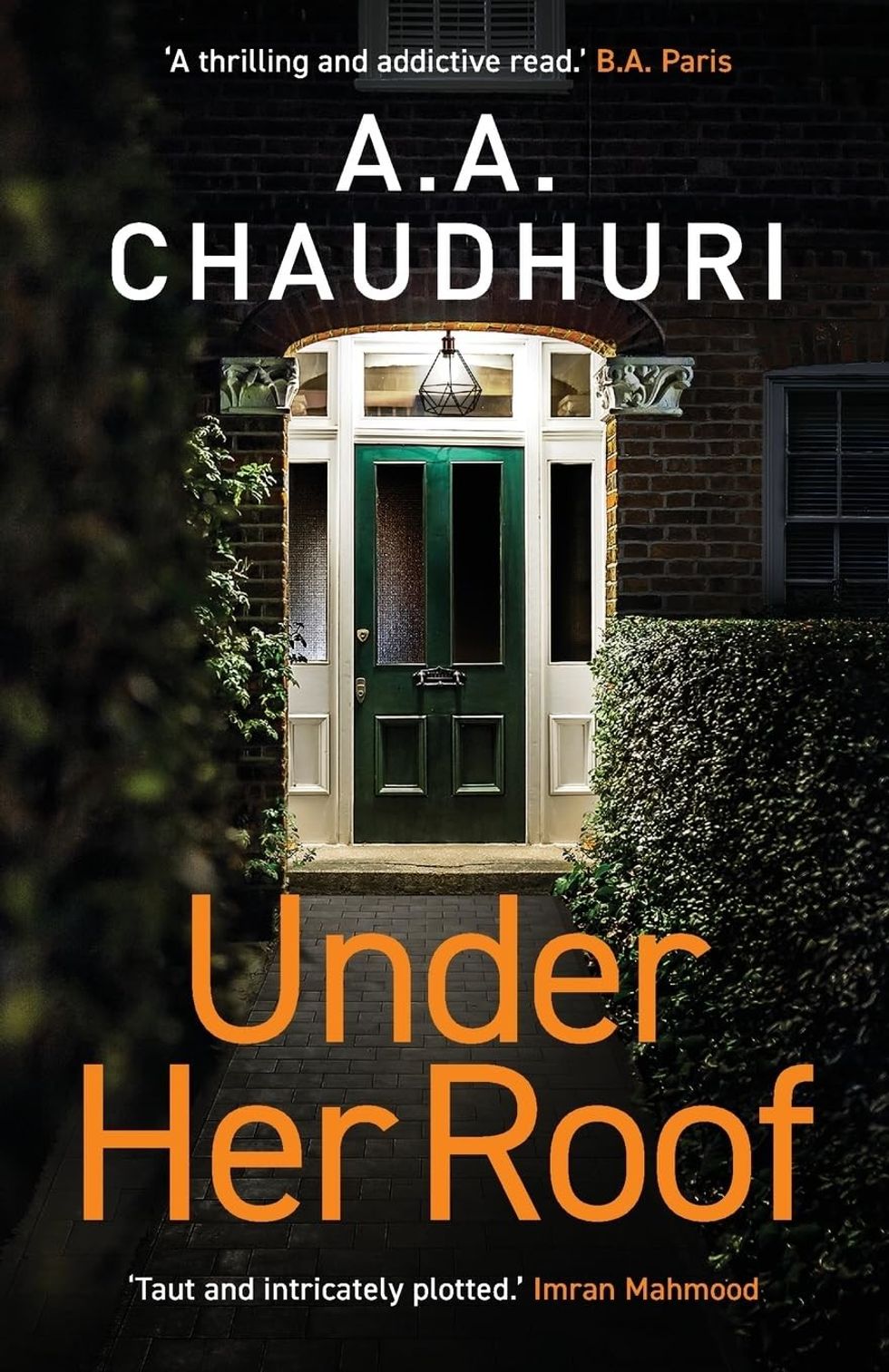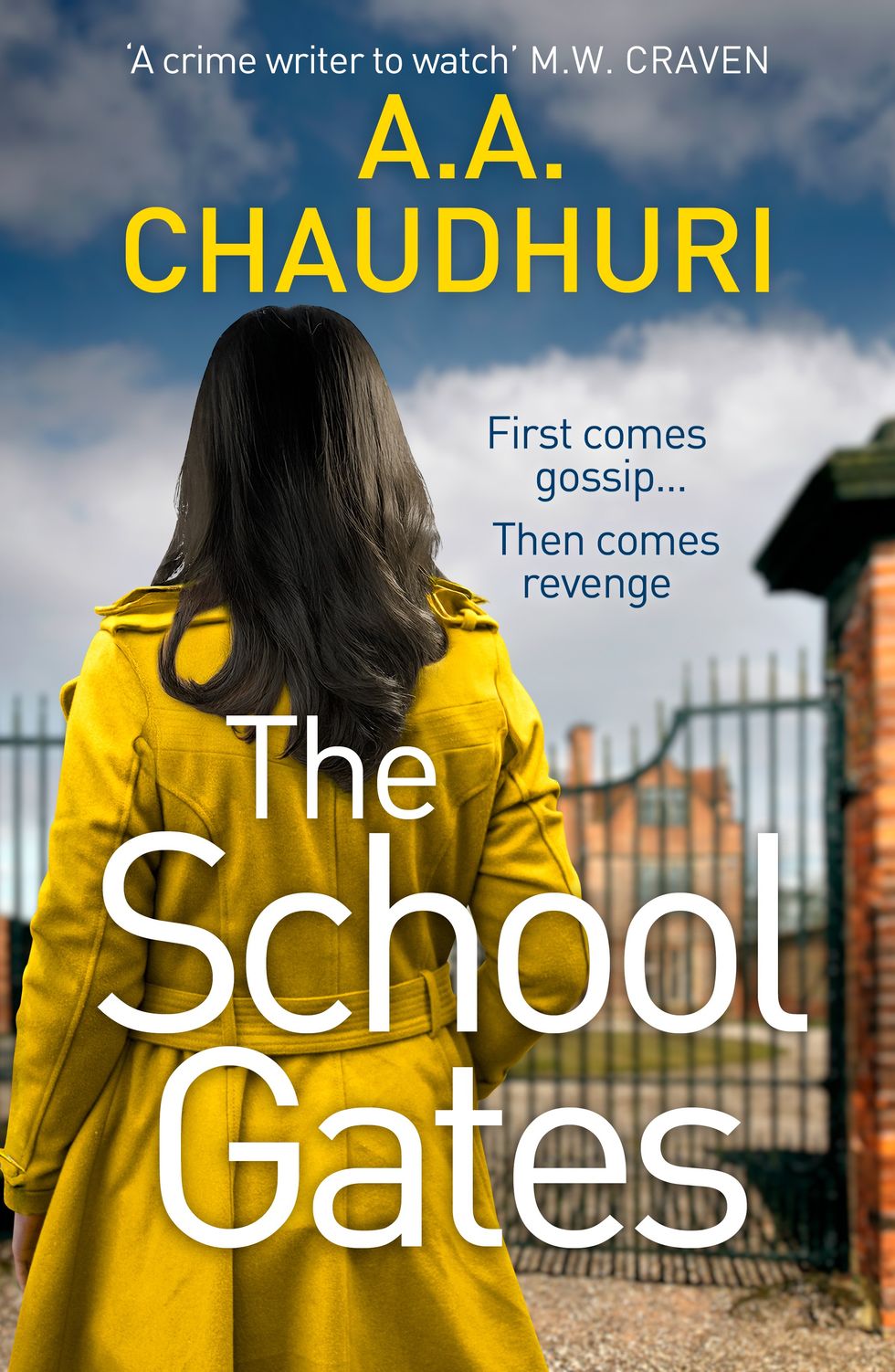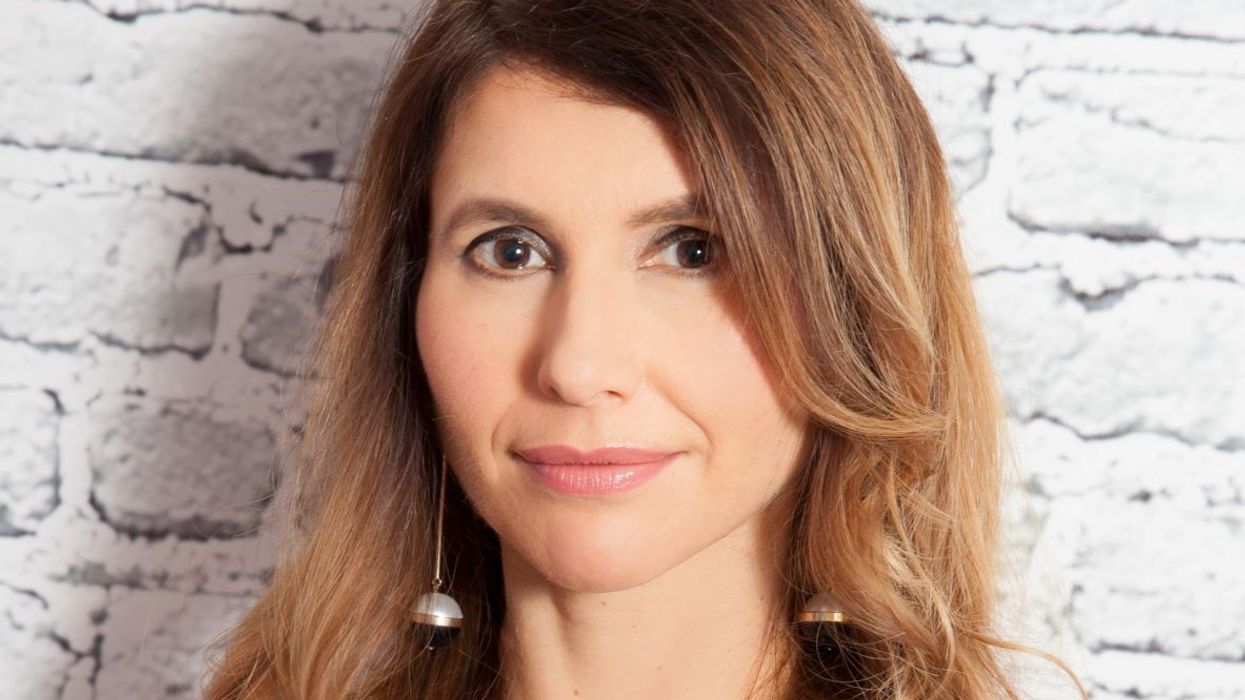A deep love for writing from a young age meant it was almost inevitable that AA Chaudhuri would one day return to her first passion.
After excelling as a junior tennis player and forging a successful career in law, she reconnected with the magical worlds of storytelling by writing her own books. That creative drive has since taken her on a successful journey as a crime thriller author, with critically acclaimed novels packed with twists and turns.
With a Kolkata-born father, she is proud of her Indian heritage and includes it in her books wherever possible. She will follow up titles such as The Scribe, She’s Mine, The Loyal Friend and The Final Party with The School Gates, which will be published next Thursday (5). It centres on the mysterious murder of a single mother hiding dark secrets. As with her earlier work, nothing is quite as it seems in this twist-filled tale.
Eastern Eye caught up with the acclaimed British author to discuss her writing journey, her recent novel Under Her Roof, upcoming book The School Gates, sources of inspiration, and advice for aspiring writers.

What led you towards the crime genre?
I fell in love with the crime genre when I picked up my first John Grisham novel in my mid-teens. I love the intrigue, suspense, twists and turns that keep the reader guessing and turning the pages. It is a genre that challenges both reader and writer – one that reflects society at a given time, and human nature at its darkest. As fallible beings, we are all susceptible to that darker side, and I think this relatability is what makes it such a compelling genre.
How would you describe your journey as a writer so far?
Tough and rewarding. I started writing in 2010, but it took me five years to get my agent, Annette Crossland, and another three to land my first publisher. That was despite writing a book a year for eight years, refining them until I knew them by heart, and almost giving up hope they would ever see the light of day. I faced a lot of rejection, came close to offers from big publishers, and shed more than a few tears. But I kept going, always hopeful that I would get my break.
Tell us more about that inspiring journey.
My story is no different to thousands of others. Writing is a tough, competitive and highly subjective business. You need a thick skin to cope with rejection. When my Kramer and Carver legal thrillers were finally published in 2019, nine years after I started writing, it was a great feeling to know my work was out there.
Then in February 2021, I signed a deal for two psychological thrillers with Hera Books. The first of those – She’s Mine – was something of a breakthrough, even though it took three years to get picked up.

Now you are firmly established.
Having struggled for so long, it feels surreal that my seventh book will be published in June, and that I have appeared at several major crime fiction festivals in the last couple of years, including on the main stage at Harrogate. That was something I could only dream of when I started.
Your last book, Under Her Roof, received great reviews. What inspired it?
One of the things that makes psychological thrillers so compelling is their focus on ordinary people in familiar situations that suddenly take a dark turn. The landlord-tenant dynamic is a classic example, but one that has not been explored much. It struck me as a relationship that could become particularly sinister, as each party often knows very little about the other’s background or intentions.
Tell us more about that.
I wanted to combine that with the idea of Big Brother watching us – the way we expose our lives on social media, often to complete strangers. That makes us vulnerable and potentially the target of stalkers, which terrifies me, and I’m sure many others.
I thought it would be intriguing to explore that theme through a landlord-tenant relationship, with all the claustrophobia, helplessness and fear that can come with it.
Tell us about your forthcoming book, The School Gates.
The School Gates centres on the murder of single mother Lola Martinez, whose body is found on a riverbank the morning after a school Christmas social.
Suspicion falls on her group of mum friends, but it soon becomes clear someone from Lola’s past may also have had motive. Meanwhile, a friend she confides in online may hold the key. The story unfolds through the eyes of the investigating officer and Lola herself, via flashbacks that trace events from when her son first joined the school up to her death.
Like all my books, it is dark and twisty, with plenty of shocks – including a big final twist.
Who do you hope will connect with this book?
Anyone familiar with the school gates setting – the cliques, gossip, pushy characters and rivalries between parents – will definitely relate.
What is your favourite part of the book?
I love the gossip and intrigue between the parents. And the concluding chapters – where everything comes together – are my favourite, especially the final twist.
How do you feel ahead of a book release?
Excited and nervous.
What inspires you as a writer?
Society and human nature, especially the circumstances that can drive people to do terrible things. Things are rarely black and white. What kind of books do you enjoy reading, and do you have a favourite? I enjoy dark psychological thrillers. Gone Girl is a favourite – it starts with such an ordinary premise (a marriage gone wrong), but takes it to such deliciously dark extremes.
What makes for a great crime novel, in your view?
A gripping plot, strong characterisation and punchy prose are essential. The reader should be kept guessing with enough twists, turns and red herrings.
What advice would you give to aspiring writers?
Write because it makes you happy. Rejection is inevitable, so you have to love the process and believe in yourself. Focus on your craft and write what feels natural – readers will see through anything too contrived. Read widely; you can learn so much from other writers. Be active on social media – it helps build connections in the writing community and gets your name out there.
Why do you love being a writer?
I love letting my imagination run wild and getting lost in the worlds and characters I create. Writing is cathartic – an escape from everyday stress – and there is no better feeling than entertaining readers and transporting them somewhere else.
Finally, why should readers pick up your new novel?
Because it is full of suspense, characters who you will love to hate, and twists that will blindside you.
The School Gates, in paperback, will be published next Thursday (5)




